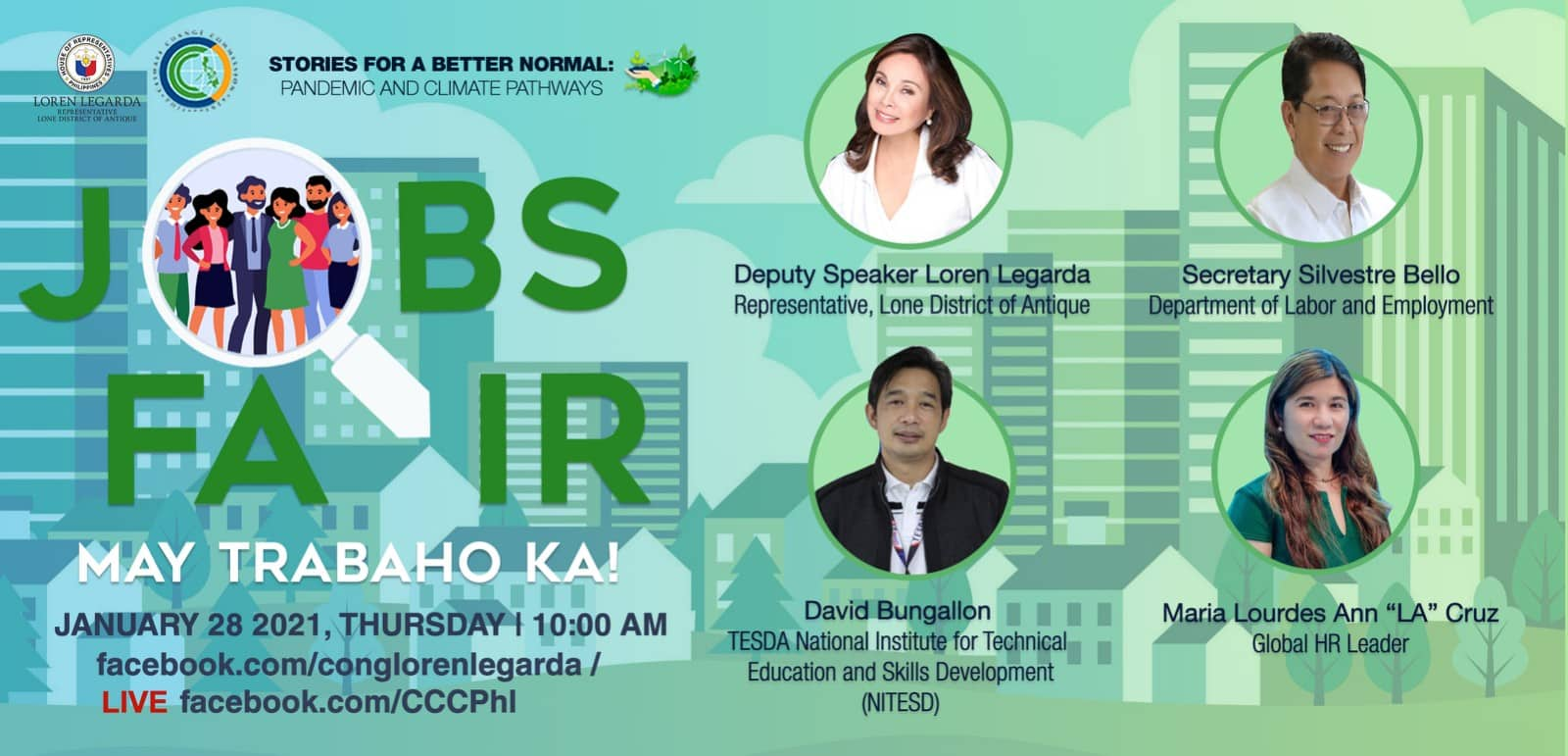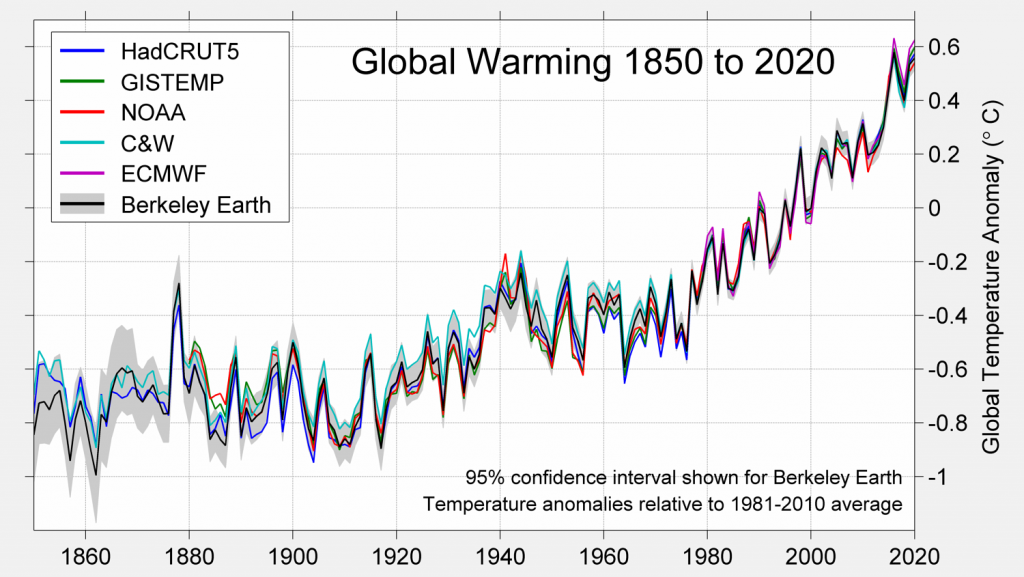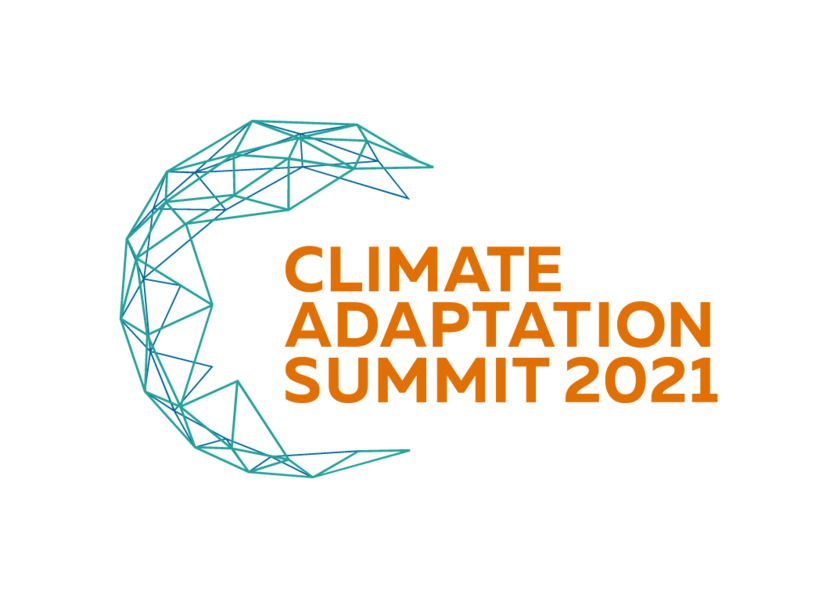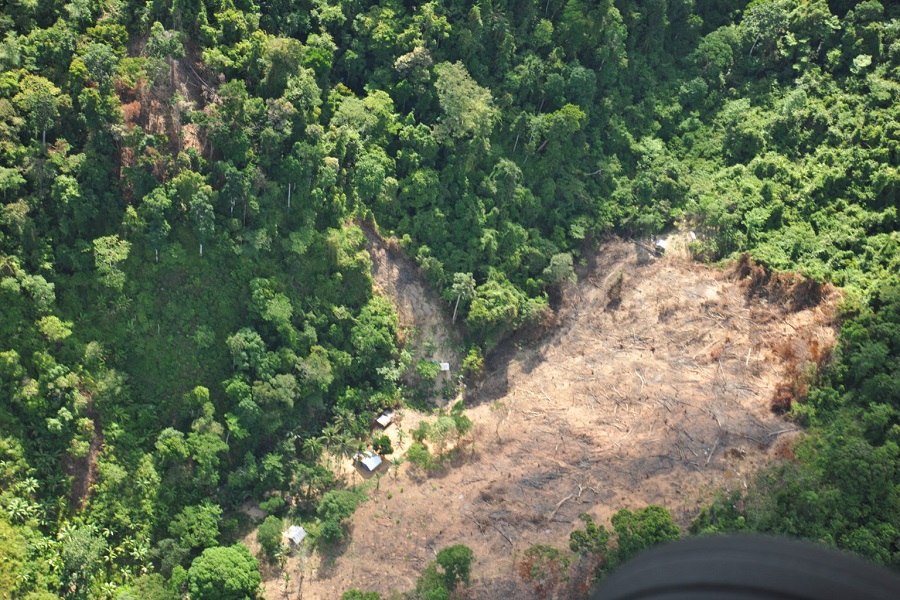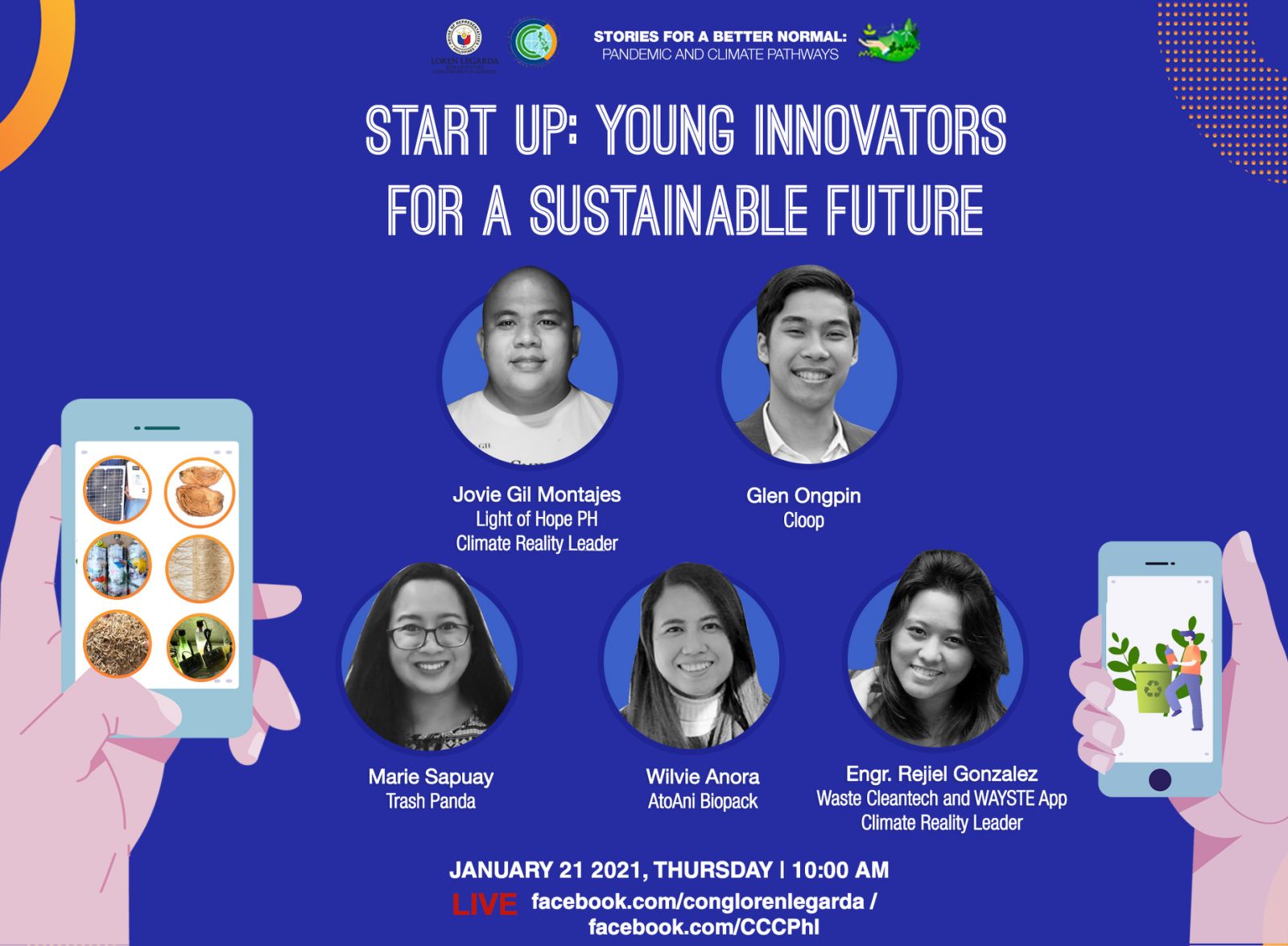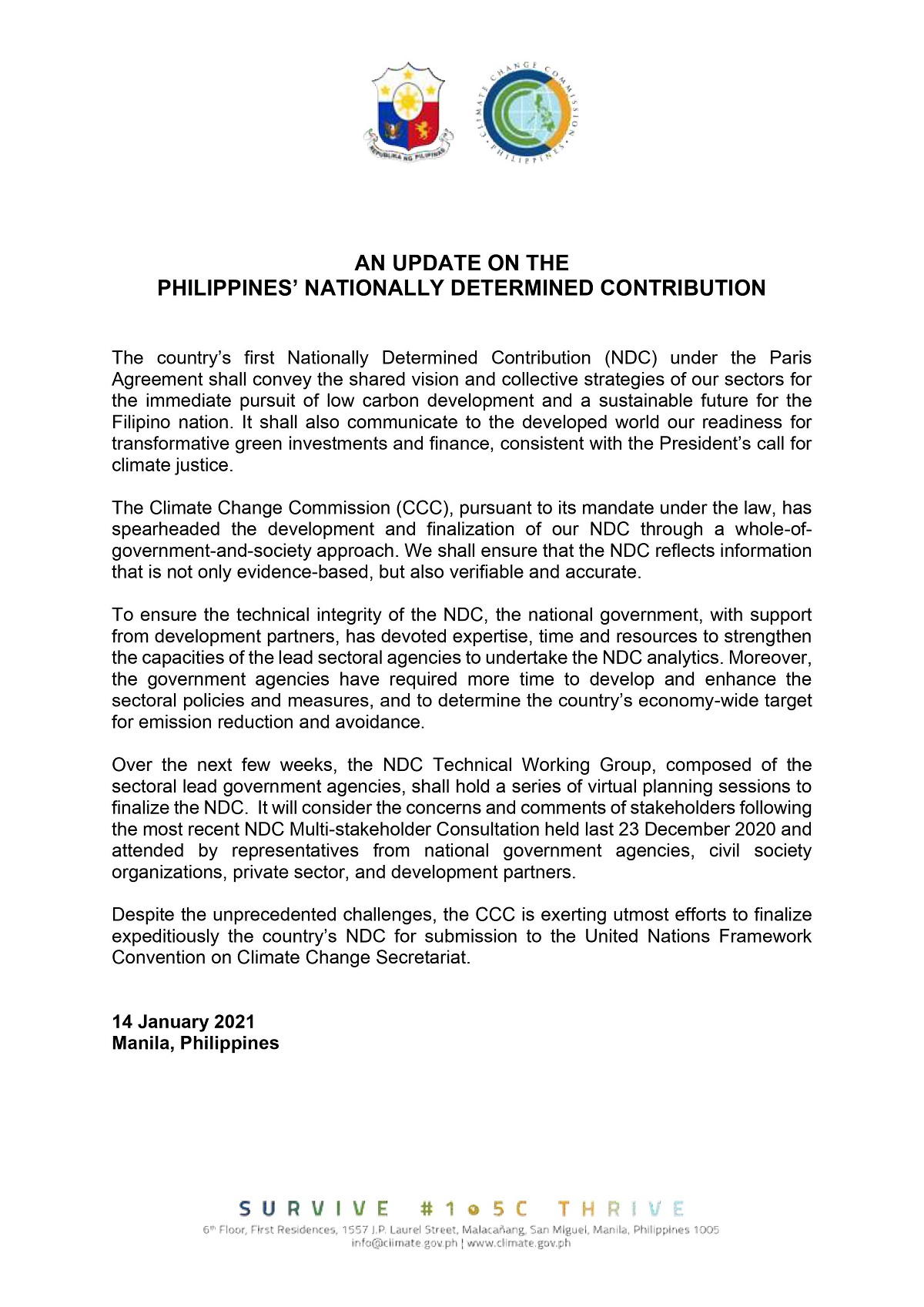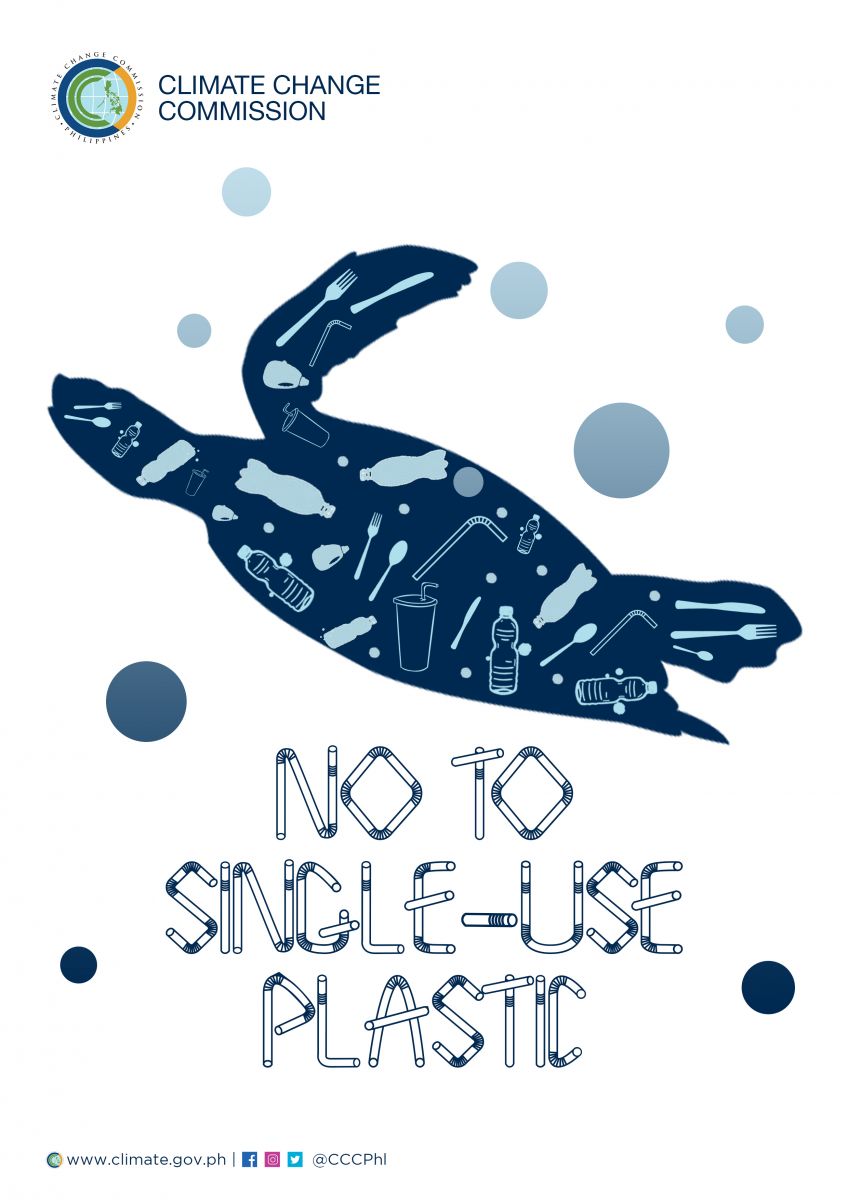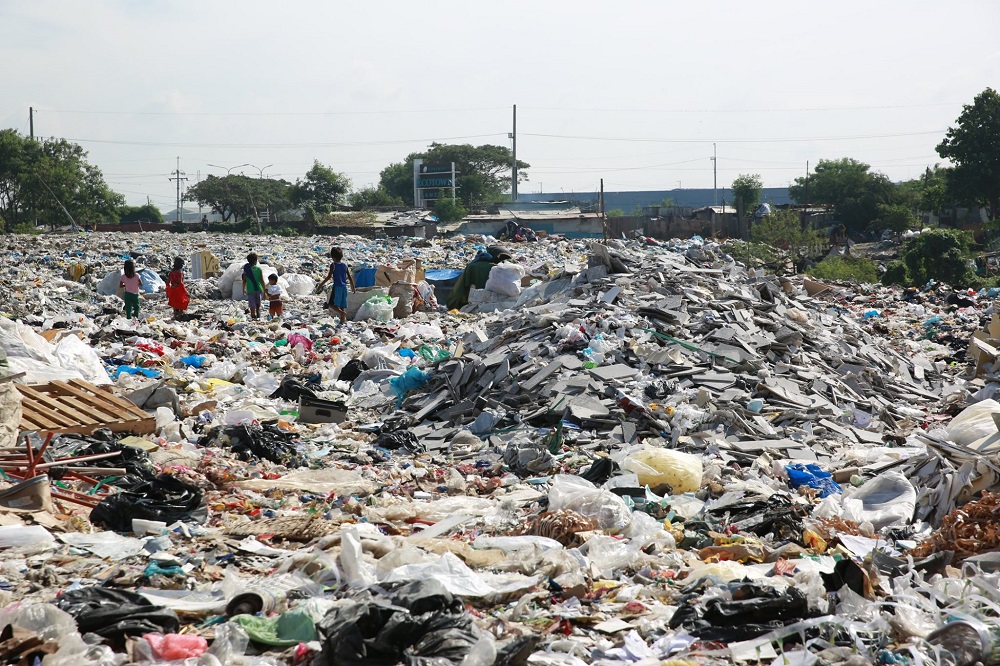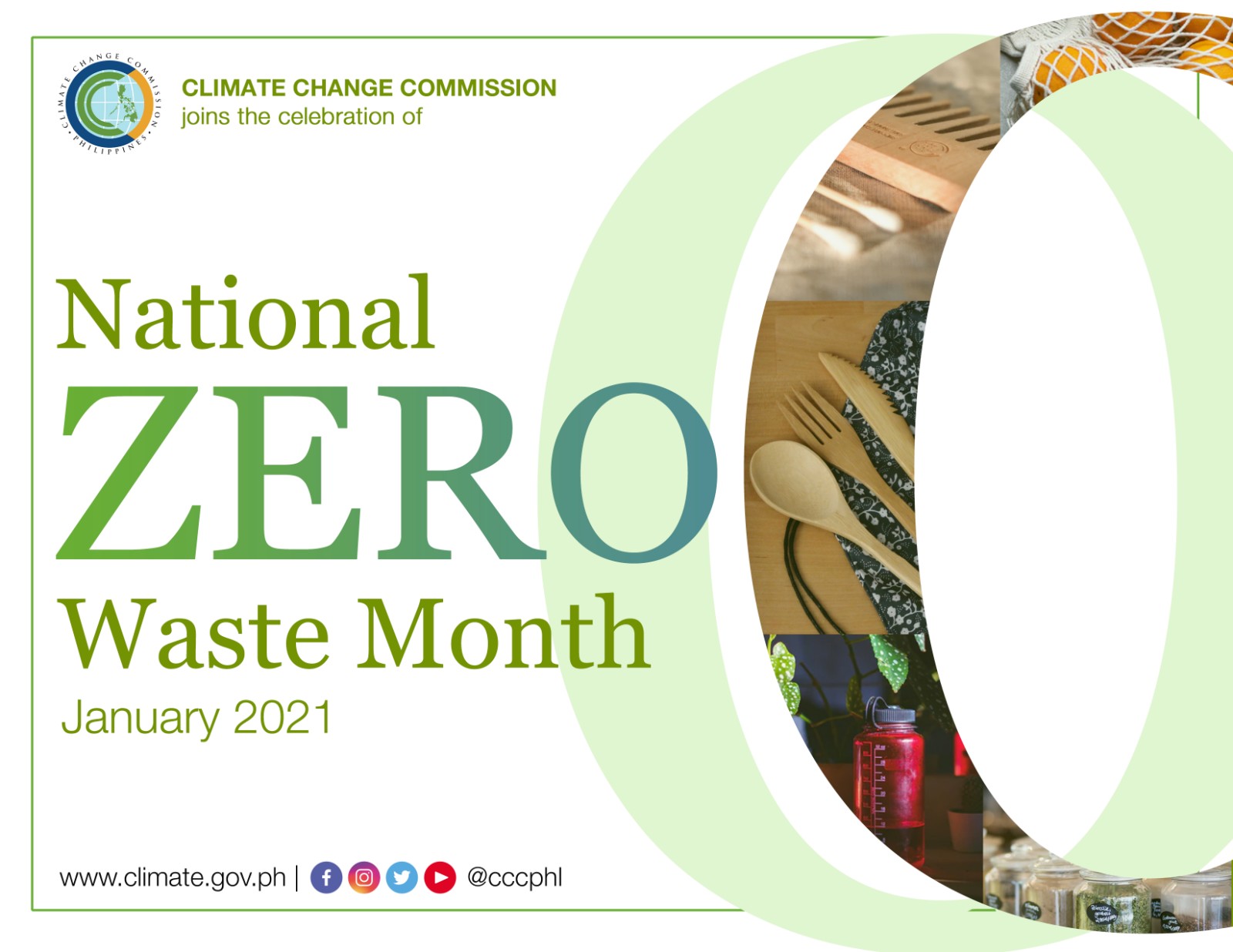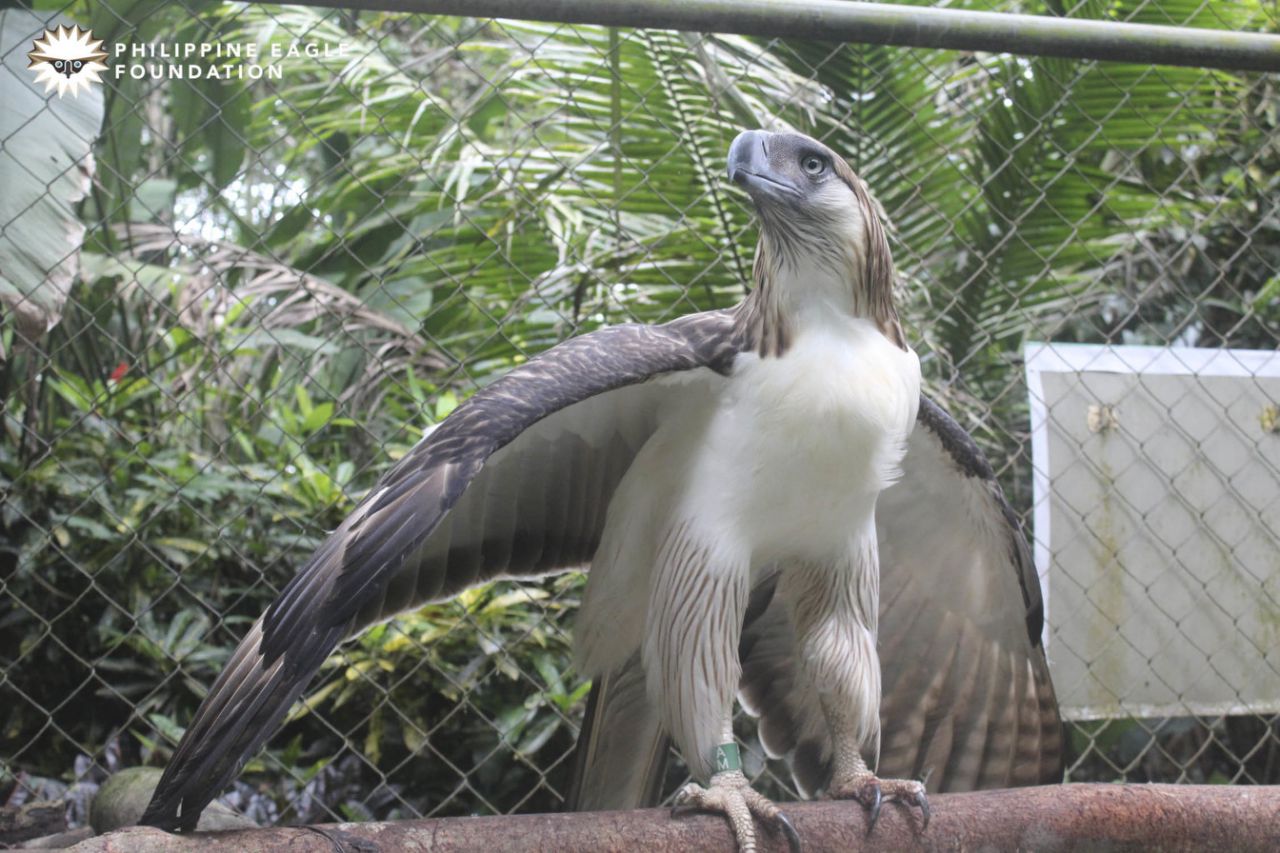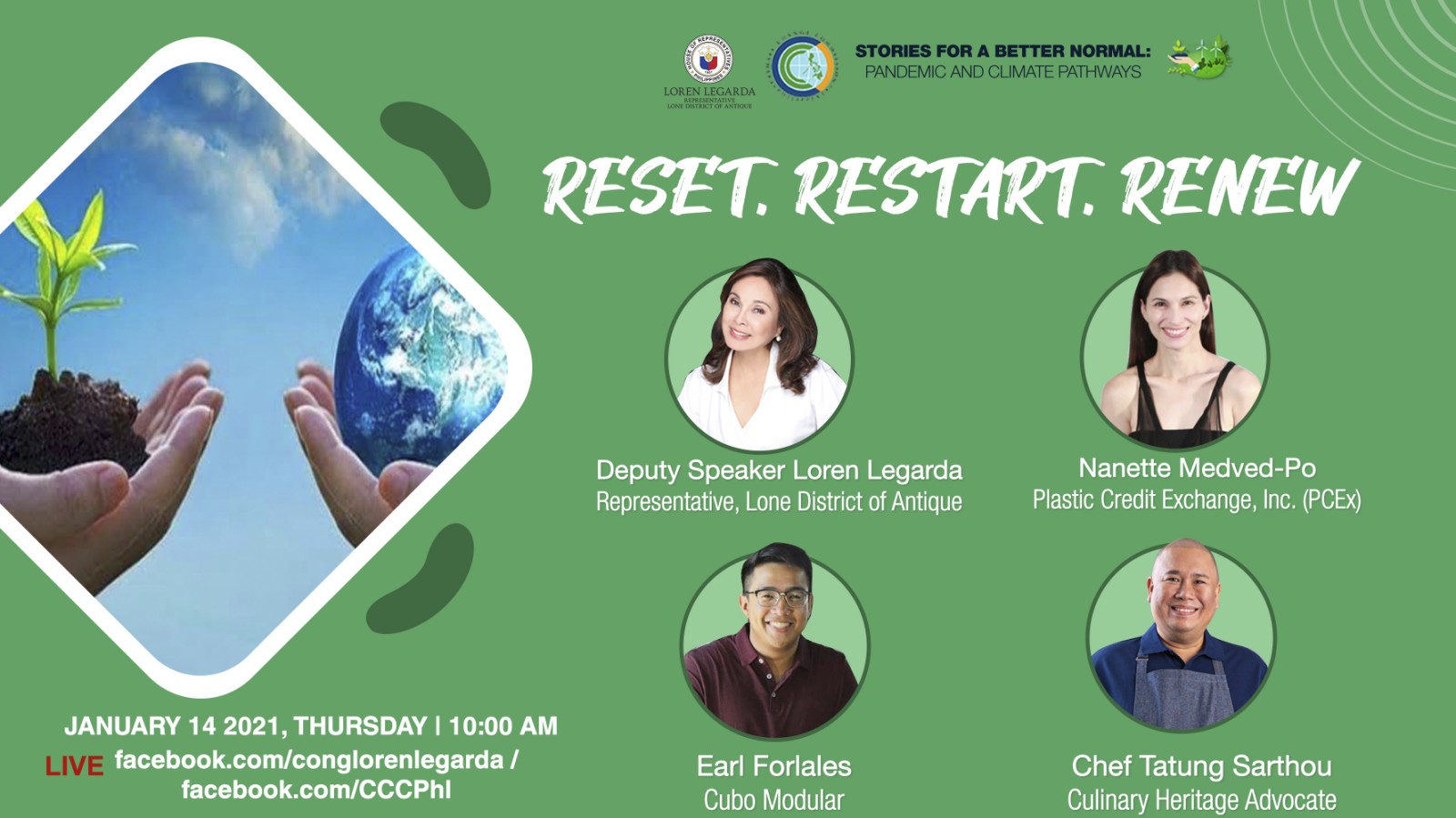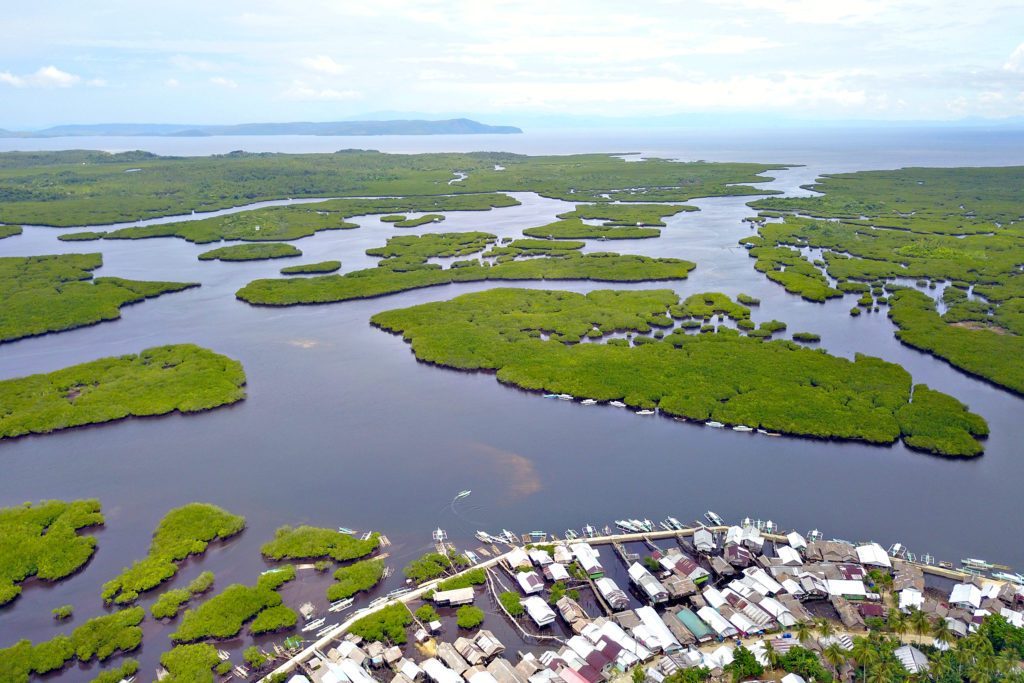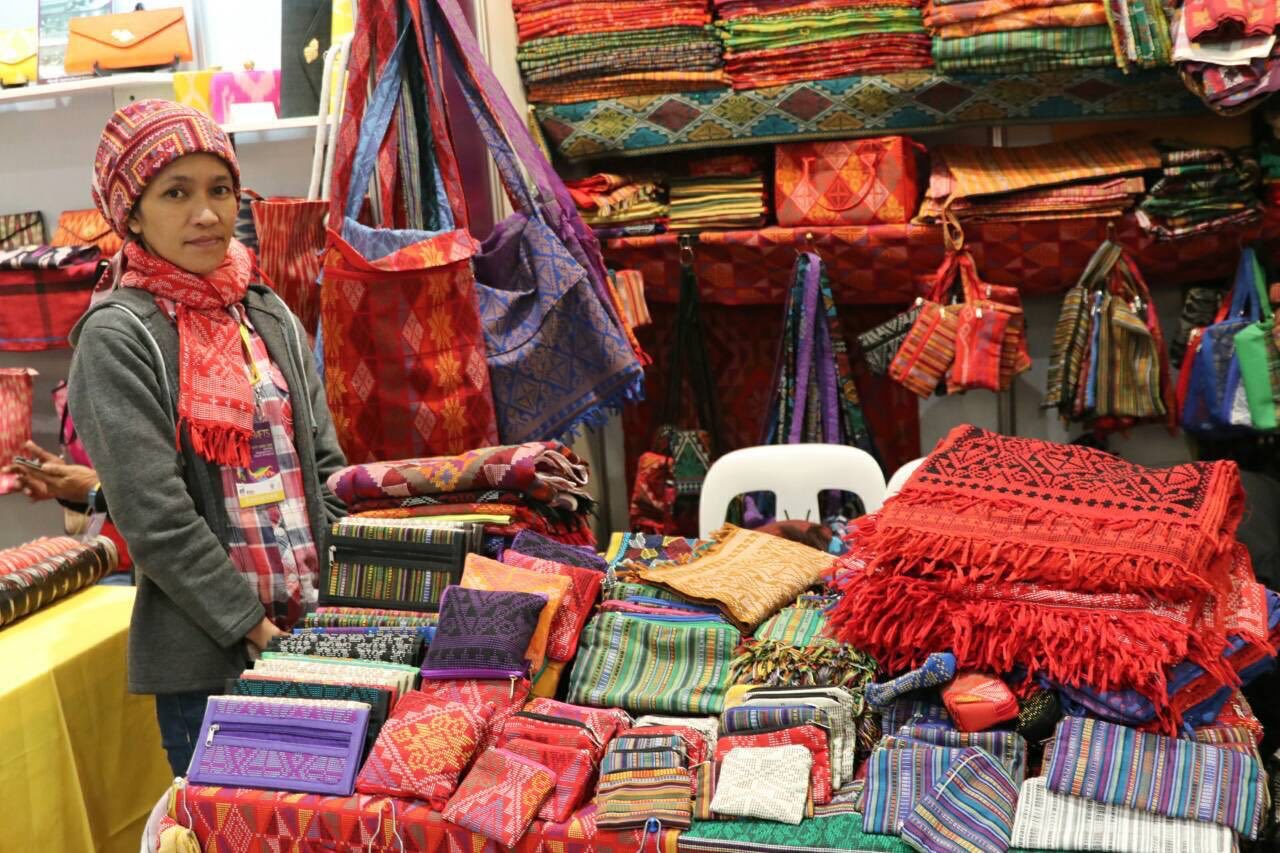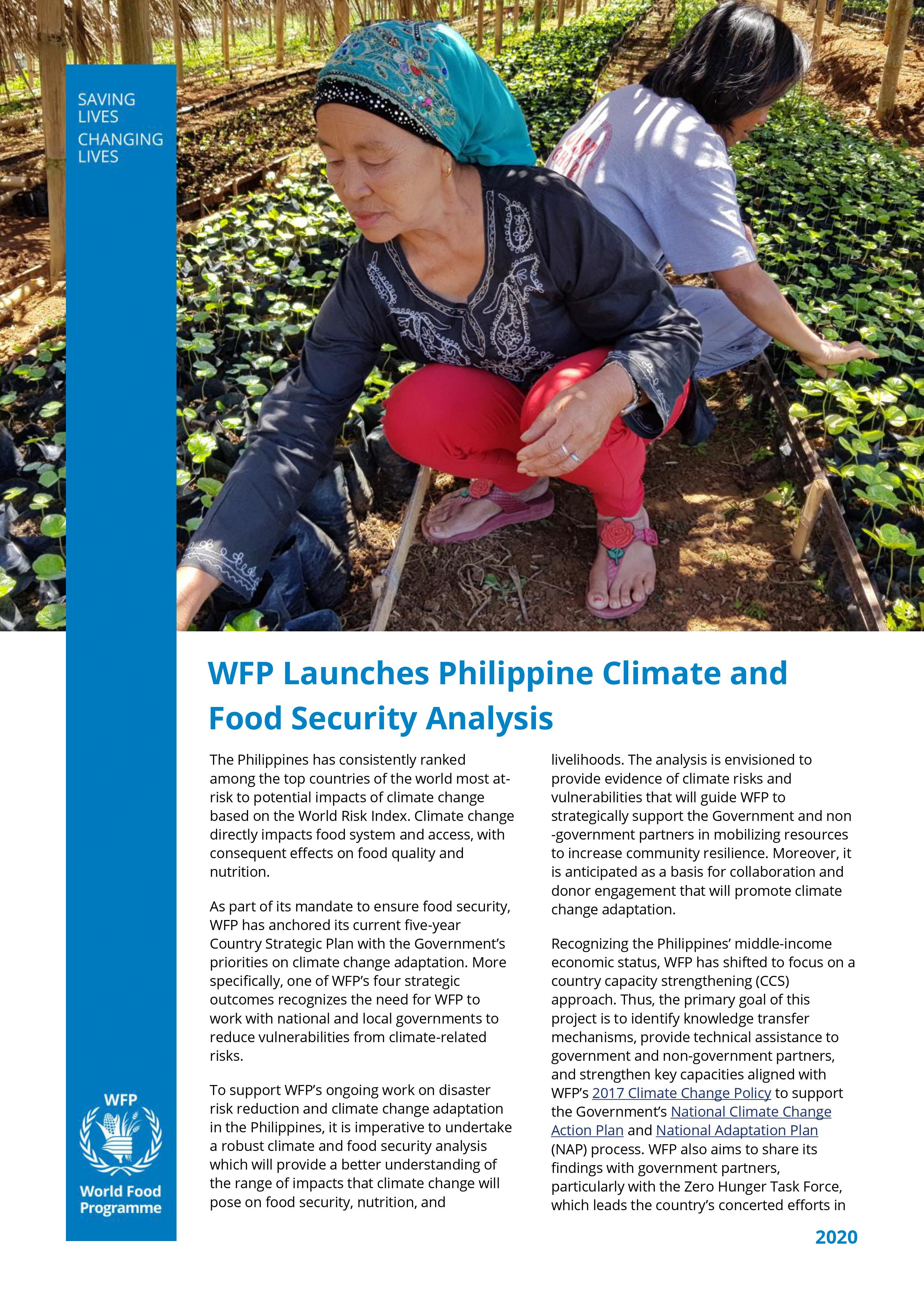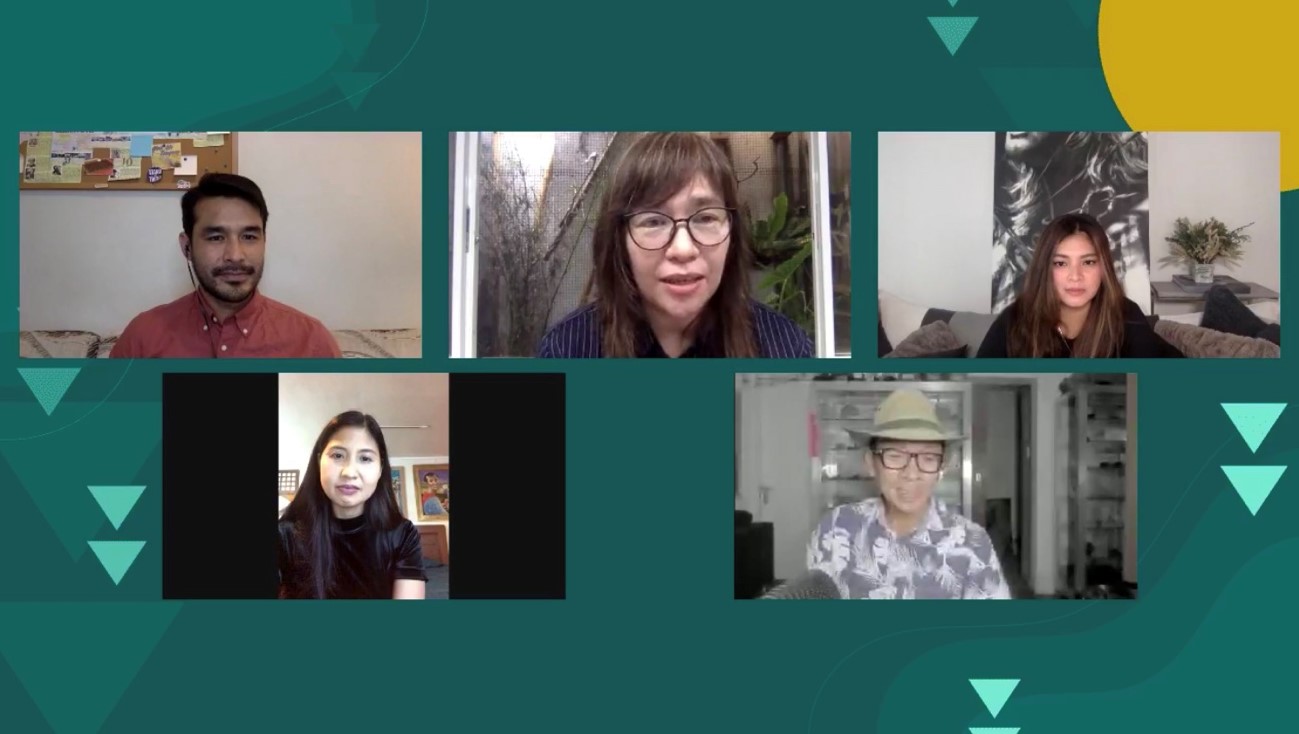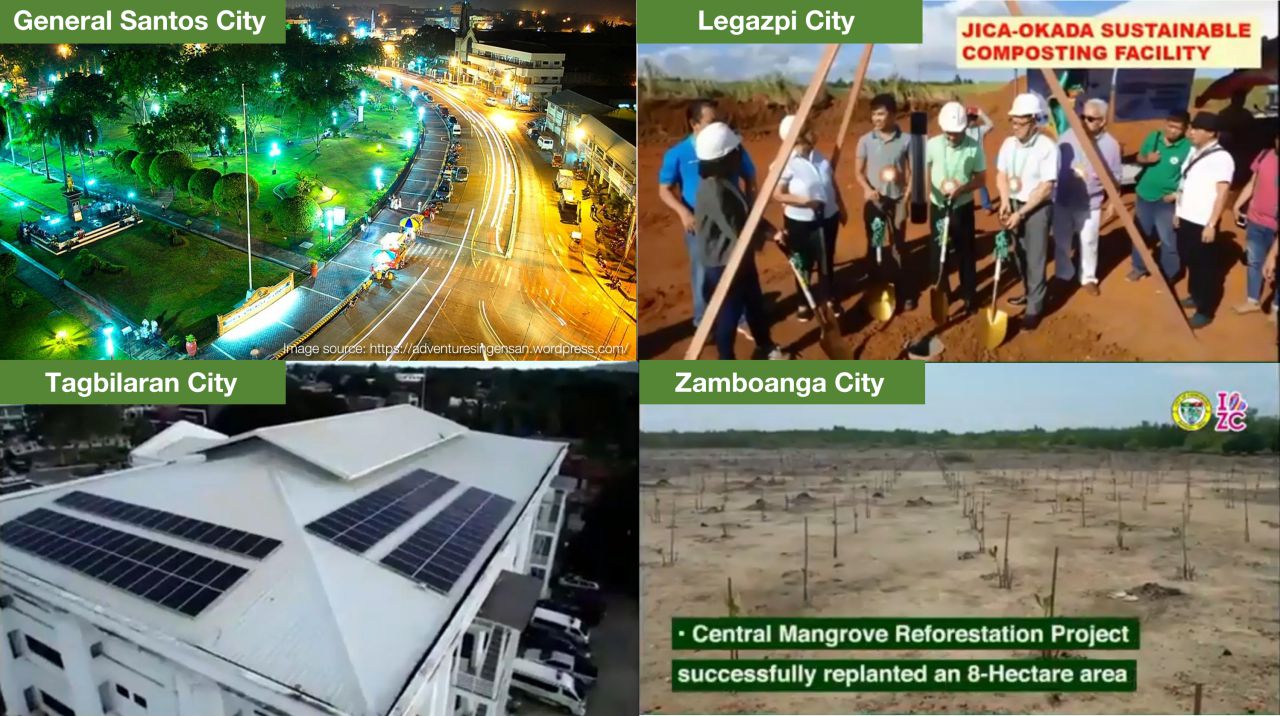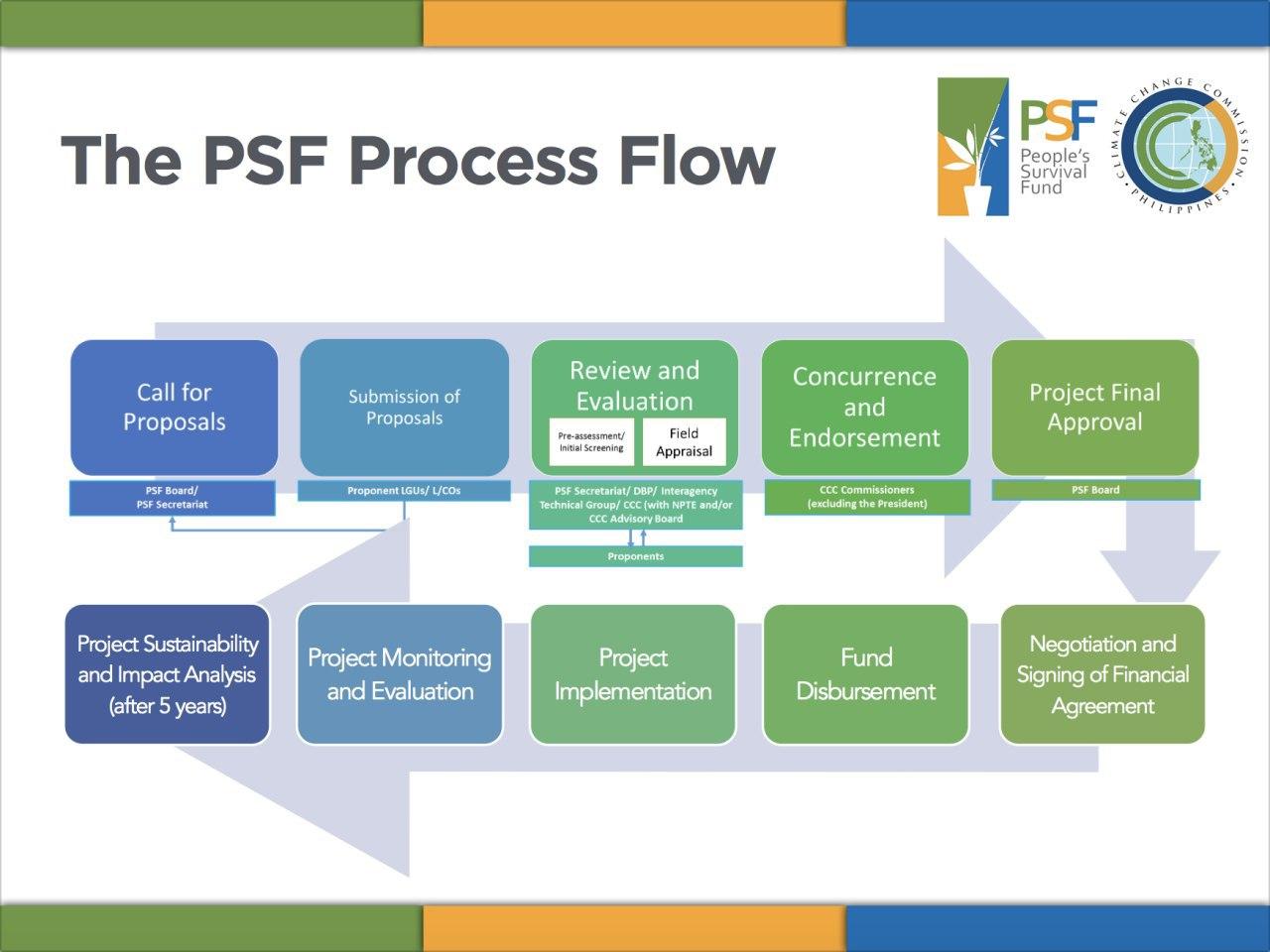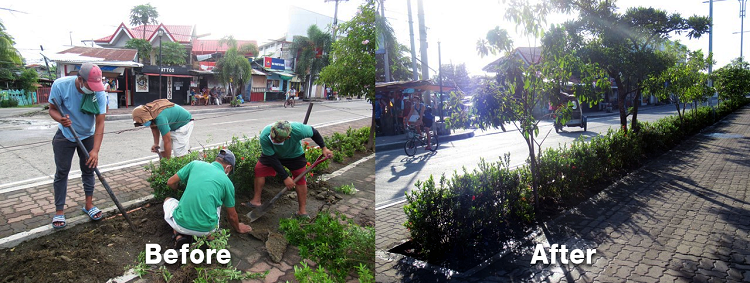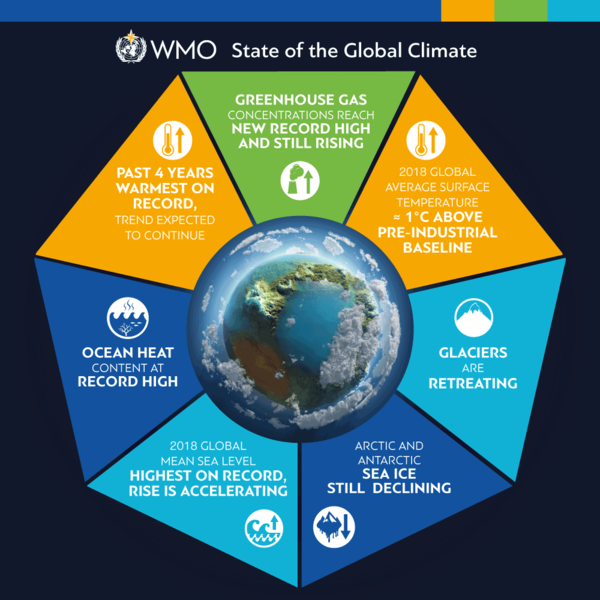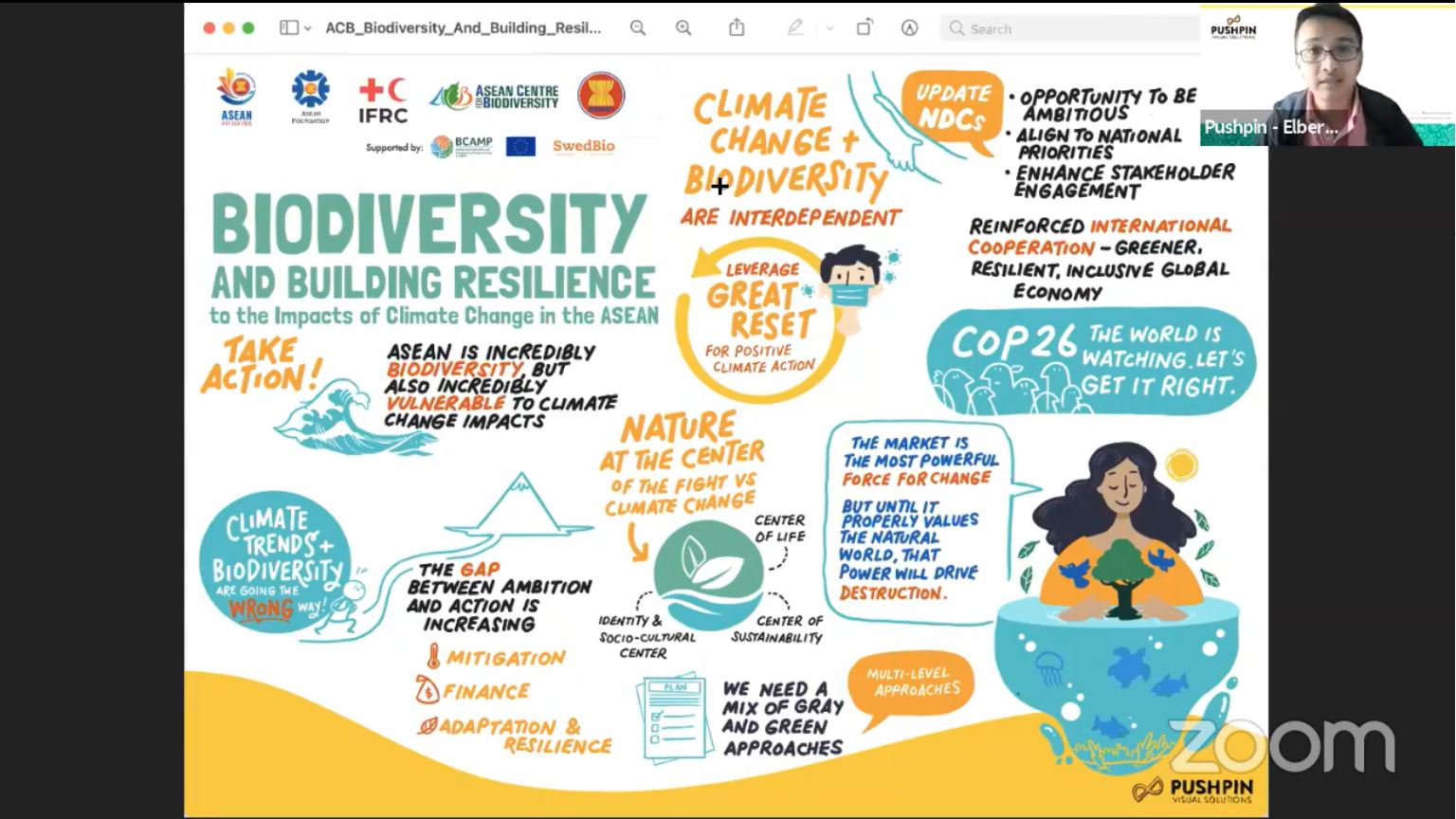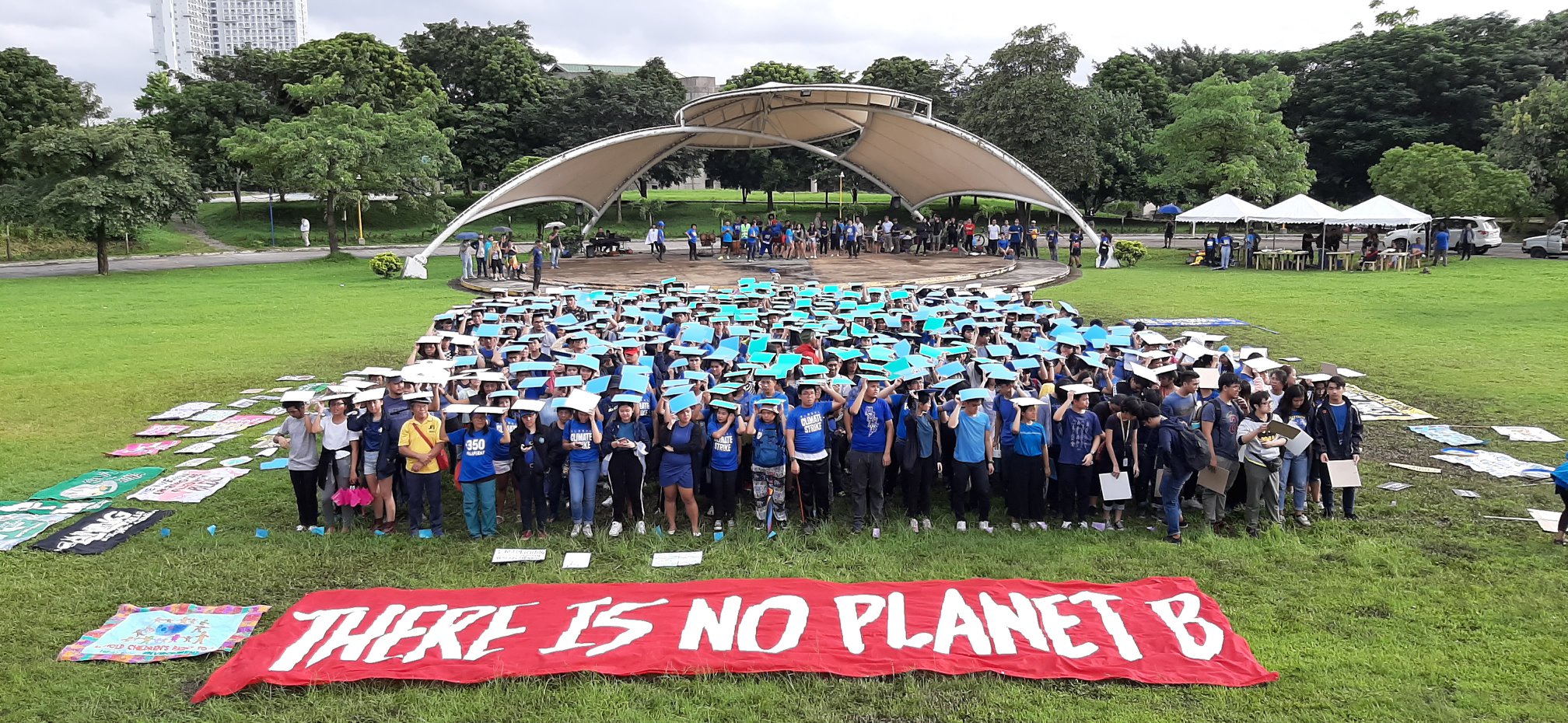Photo: Atom Araullo, former CCC Secretary Lucille Sering, Angel Locsin, Alcala, Cagayan Mayor Tin Antonio, and Kim Atienza during the livestream of Now What? Climate Action #NowPH.
MANILA, 22 December 2020 — At the “Now What? Climate Action #NowPH” dialogue, moderated by award-winning Journalist Atom Araullo and former Climate Change Commission (CCC) Secretary Lucille Sering, Filipino celebrities and climate change advocates gathered to raise awareness on climate change and pushed for meaningful actions to address the worsening effects of the climate crisis.
The dialogue featured celebrity climate advocates, such as Angel Locsin, Kim Atienza, Antoinette Taus, Jasmine Curtis-Smith, Ria Atayde, and Jun Sabayton, as well as Climate Change Commissioner Rachel Herrera, Mayor Tin Antonio of Alcala, Cagayan, Dr. Selva Ramachandran of the United Nations Development Programme (UNDP), and Typhoon Ulysses survivor Danie Nacena joining the discussion.
"Meron tayong nakikitang trend. Kahit na hindi sya nakikita on an event-to-event basis, talagang merong trend na it's getting more extreme, it's getting more frequent, and it's getting more devastating itong mga extreme weather events na ito," said Araullo, who, for the past years, has made documentaries that shed light on critical environmental and climate change issues.
Former Secretary Sering shared how the Climate Change Act, which created the Commission, was passed in response to the severe flooding caused by Ondoy in 2009.
“Ang nangyari during my time, nag-start kami gawin ang batas at na-create ang Climate Change Commission dahil sa Bagyong Ondoy. Na-create ‘yong batas in a matter of two months dahil tumama ang Ondoy sa Metro Manila at ang mga politicians, congressmen, at senador, lahat sila na-experience kung gaano kahirap ang Ondoy,” said Sering.
“Doon kasi sa lugar ng Cagayan lalo na po sa lugar ni Mayor Tin Antonio sa Alcala, dahil na rin sa pag-create ng Climate Change Commission at saka ‘yong DRR Act, gumawa po kami ng intensive geo-hazard mapping. We also came up with a project that actually involve a lot of experts na prinoject ng mangyayari ‘yong nangyayari sa kanila ngayon,” added Sering.
The online dialogue discussed how Filipinos have increasingly become vulnerable to climate change in this pandemic. The panelists also shared their personal climate stories, as well as actions to bring relief and support the resilience of many vulnerable Filipinos.
"Ipinaliwanag po sa amin na ang pagbaha sa Cagayan ay may maraming factors. Una, ang Alcala ay bottleneck. Mula sa 400-meter wide na channel ng Cagayan River, kumikipot ito ng 150 meters sa aming bayan. Isa pang dahilan ay ‘yung pagputol ng mga punong-kahoy, hindi lang dahil sa illegal logging, kundi dahil rin sa agrikultura, partikular ‘yung yellow corn farming na ginagamitan ng herbicide or spray. Pinapatay po nun lahat ng punong-kahoy. It weakens the soil kaya kapag nandyan na ‘yung baha, humahalo po ‘yung sediment sa tubig-baha at pumupunta sa mga streams, sa mga rivers. Nakita po ‘yun mismo ng mga tao nitong nagdaang pagbaha sa Alcala nitong Nobyembre dahil yung tubig baha, nung nawala na, ang naiwan po ay napakataas na putik,” said Mayor Tinio.
"The way forward is clear. For Alcala, we rely on our scientists for a study to be done and we have a plan in place. Climate change is not just disaster risk reduction, it’s really mitigation and adaptation. We have the support of our constituents because this a matter of survival already," added Mayor Antonio whose town in Alcala was among the areas submerged in floodwaters when Typhoon Ulysses hit the country in mid-November.
“Hindi madali na mabaha ng ilang beses, hindi madali na hindi namin alam kung kailan ang susunod na mararanasan namin ulit ang bagyo. Pero sana hindi lang kami ang tutugon sa ganitong klaseng problema. Kasi kung kami lang dito sa Marikina, sinusubukan namin e, pero kung yung mga ibang lugar ay patuloy pa rin sa ways na makakasira sa kalikasan, walang mangyayari," said Danie Naceno.
Kuya Kim meanwhile shared how he, as a weather anchor, reported on storms and typhoons becoming more extreme throughout the years.
"Napakalugi nating mga Pilipino, kasi we contribute so little to the warming of the environment and to worsening of the climate, and yet, we are at the receiving end. And I experienced it personally as a weather man. Noong 2014, ang mga bagyo noon ay hindi ganito kalakas, at nakita ko through the years na palakas nang palakas ang mga bagyo at pa-extreme nang pa-extreme. Dati hanggang signal number 3 lang tayo, ngayon meron nang super typhoon na. Dati rati, ang bagyo pagdating ng December mahina na ‘yan, pero ngayon baliktad. Nakita ko through the years na ang mga report ko ay pabigat na nang pabigat," said Atienza, as he recalled his 15 years of service as a resident weather anchor of ABS-CBN.
Angel Locsin also shared her relief efforts and encounters with typhoon-displaced communities, particularly of one resident whom she met in several instances due to being recurrently displaced and affected by these extreme weather events.
“Mayroon kaming organization ng mga actors, at ang tawag po dito ay “Aktor.” We recently held a relief mission sa Marikina, at may isang rare moment doon na may nakausap akong isang evacuee na parang magkababata kami kung makipag-usap siya sa akin. Ayun pala, nagkita na kami ten years ago nung bagyong Ondoy sa Rizal, then bagyo sa Quezon City, at ngayon sa Marikina nung Ulysses. Mapapaisip ka talaga na paulit-ulit ‘yung nangyayari. Relief, rescue, and evacuation protocol is a thing na kailangan talaga nila if they need help, pero kung may magagawa naman tayo na long-term solution para maiwasang mangyari ito, bakit hindi natin gawin?" said Locsin.
"I think kailangan natin ng isang unified, concrete and scientific approach na magiging fully implemented to prevent unnecessary loss of lives and damage to properties. Kaya I'm here because gusto ko ring matutunan kung ano ba talaga yung mga tamang paraan, hakbang and I think panahon na para pag-usapan natin at bigyan natin ng tamang atensyon ang climate change katulad ng mga ibang issues na pinag-uusapan natin ngayon," added Locsin.
During the second panel discussion, Commissioner Herrera shared the existing policies and initiatives of the government to amplify climate action, including the efforts to finalize and submit the Philippine Nationally Determined Contributions (NDC).
"Noong 2017 na naging parte ang Pilipinas ng Paris Agreement, tuloy-tuloy ang pag-uusap among stakeholders sa gobyerno, sa private sector, kasama ang mga local governments, ang academe para bumuo ng NDC o commitment ng bansa natin para mag-decarbonize. Ito ang goal natin bilang isang bansa, hindi lang ng gobyerno, kundi tinatawag na whole-of-nation approach, para makita natin kung saan tayo pwedeng mag-avoid ng tuloy-tuloy na pagtaas ng ating carbon emissions," said Herrera.
Taus, founder of the Communities Organized for Resource Allocation (CORA), and National Goodwill Ambassador for the Philippines by the UN Environment Programme (UNEP) shared three major actions needed to drive climate action.
“Kapag sinabing what can we truly do right now, we really need three major actions. So nag-uumpisa po ‘yan sa systemic change, policy change, and of course we need to declare climate emergency. Declaring climate emergency across the world, which is what our youth is asking for, is so vital kasi once mag-declare ng climate emergency lahat ng actions na kasunod nito ay dikit-dikit at tuloy-tuloy na po ‘yan,” said Taus.
“Kapag pinag-usapan natin ang coal plant hindi lang environment ang naapektuhan niyan kundi pati ang mga community themselves. So speak out and say that we do not want another coal plant. Kailangan na nating itigil ang business-as-usual kasi hindi na natin pwedeng ipagkaila na nagbabago na ang mundo, nagbabago ang mga laws internationally, nagbabago na rin po ang mga policies totally,” added Taus.
On the last panel, celebrity advocates highlighted the importance of using their own platforms to stir interest and conversation on most critical issues like climate change and spark individual and collective contributions from your market audience and followers.
"Given the platform that we have, and since we have people who are here to listen to us, why not use it for educating and enlightening others than just using it for entertainment? We are influencers no matter how small that circle is. Basta pag-usapan natin 'yong mga kailangang pag-usapan. Again, kapag napag-uusapan, these issues come to light, and when things come to light nahahanapan ng solusyon," said Atayde.
“If you can do it amongst your friends, and those who know you, and when they start asking questions about it, give answers and spread stories with good factual research background. Let's spread the factual information na dapat marinig ng mga tao. It doesn't have to be big, and doesn't have to be a government level, it doesn't have to be your whole barangay, it could be just you and your friends, gathering together talking about it and discussing the issue at hand or the concern that needs to be known in these times. Then sila, they'll do it in their own time and baka they will spread the word also. It's also a good thing that we will do our part as a community member and as a citizen of this country," said Curtis-Smith, a Sustainable Development Goals’ advocate and World Vision Ambassador.
"Sa simula ay kakaunti pa lang ‘yung nagbibigay talaga ng boses kasi syempre pag ganito yung topic, medyo nakakakaba rin at saka laging sinasabi na 'hindi ka mabibigyan ng project, ng ibang mga produkto, kasi may mga produkto na minsan ini-endorse mo ay nakakasira pala sa kalikasan. So parang ang hirap din bilang aktor, bilang isang nag-a-advocate kung paano mo iba-balance iyon," said Jun Sabayton, who is part of ‘Coal-Free Philippines’, an environmental campaign dedicated to raise awareness on the detrimental continued use of coal to generate electricity and advocates for the use of renewable energy in the country.
"While we are facing a pandemic, last month alone, we experienced the strongest typhoon recorded in the world this year—that is Typhoon Rolly, leaving thousands of Filipinos homeless. The damage brought about by typhoon Rolly added by destruction caused by Typhoon Ulysses was over 20 billion peso worth of damage - 12.9 billion for infrastracture and 7.3 billion in the agriculture sector. These figures continues to soar as a result of assessment of both public and private sectors that are still coming in," said Dr. Selva Ramachandran.
"As we recover from the impacts of the COVID-19 pandemic, we now have the opportunity to push the hard reset button on our relationship with the environment, root cause of this pandemic, by pursuing a green recovery and aligning with our development plans and the NDC. We can do so in a way that does not only protect the environment, but on which also brings other concrete benefits, including the creation of new green jobs and reduction of inequalities, while fostering more resilient communities,” added Dr. Ramachandran.
The “Now What? Climate Action #NowPH” was made in collaboration with FYT, YesPinoy Foundation, and MediSure Plus as part of #NowPH (Not On Our Watch Philippines) campaign, a youth-led climate movement, which aims to inspire climate action and promote sustainable solutions in the communities to help save the planet and attain climate justice for all.
Watch the replay of the online discussion through this link: https://web.facebook.com/watchparty/389657182094917
December 21, 2020 Monday

